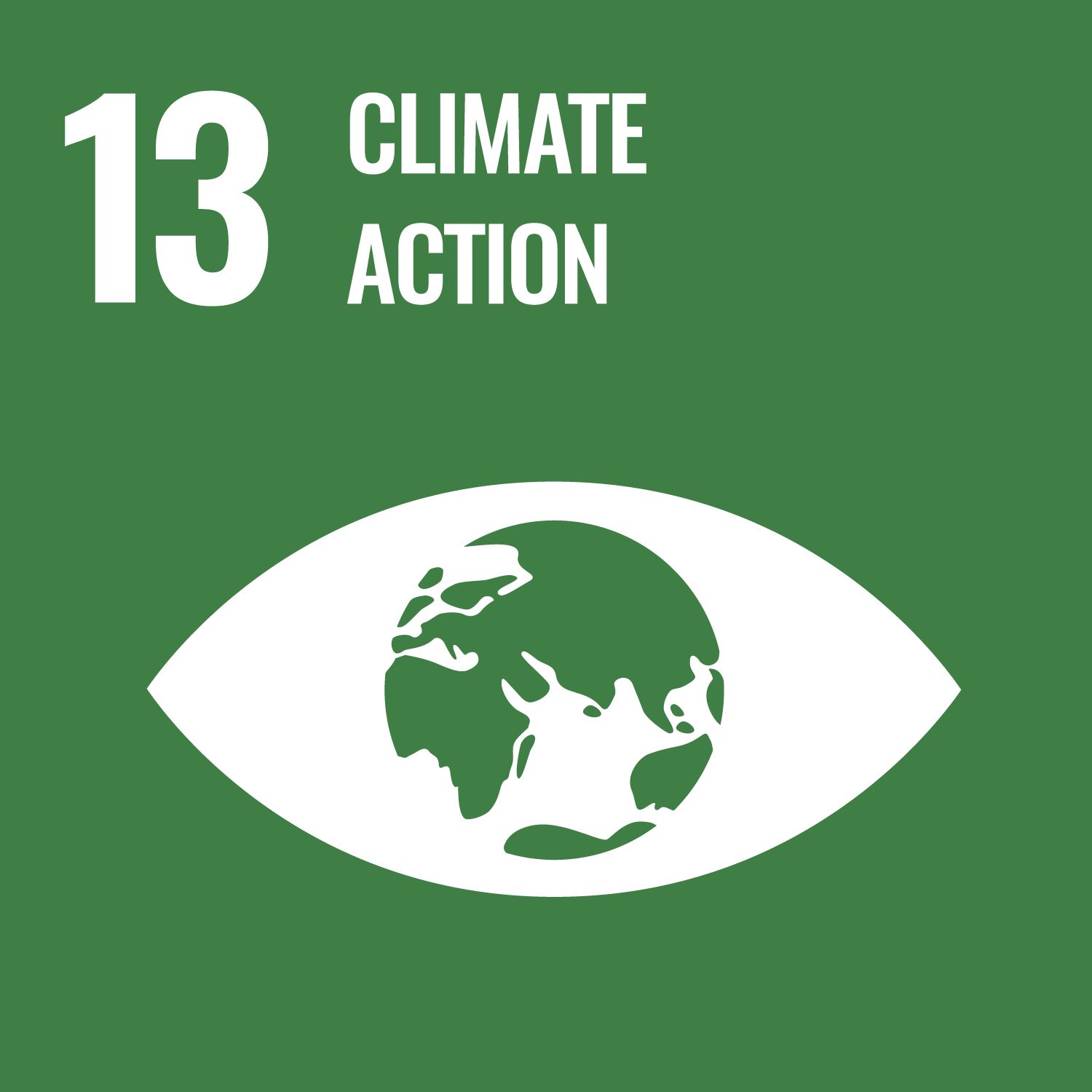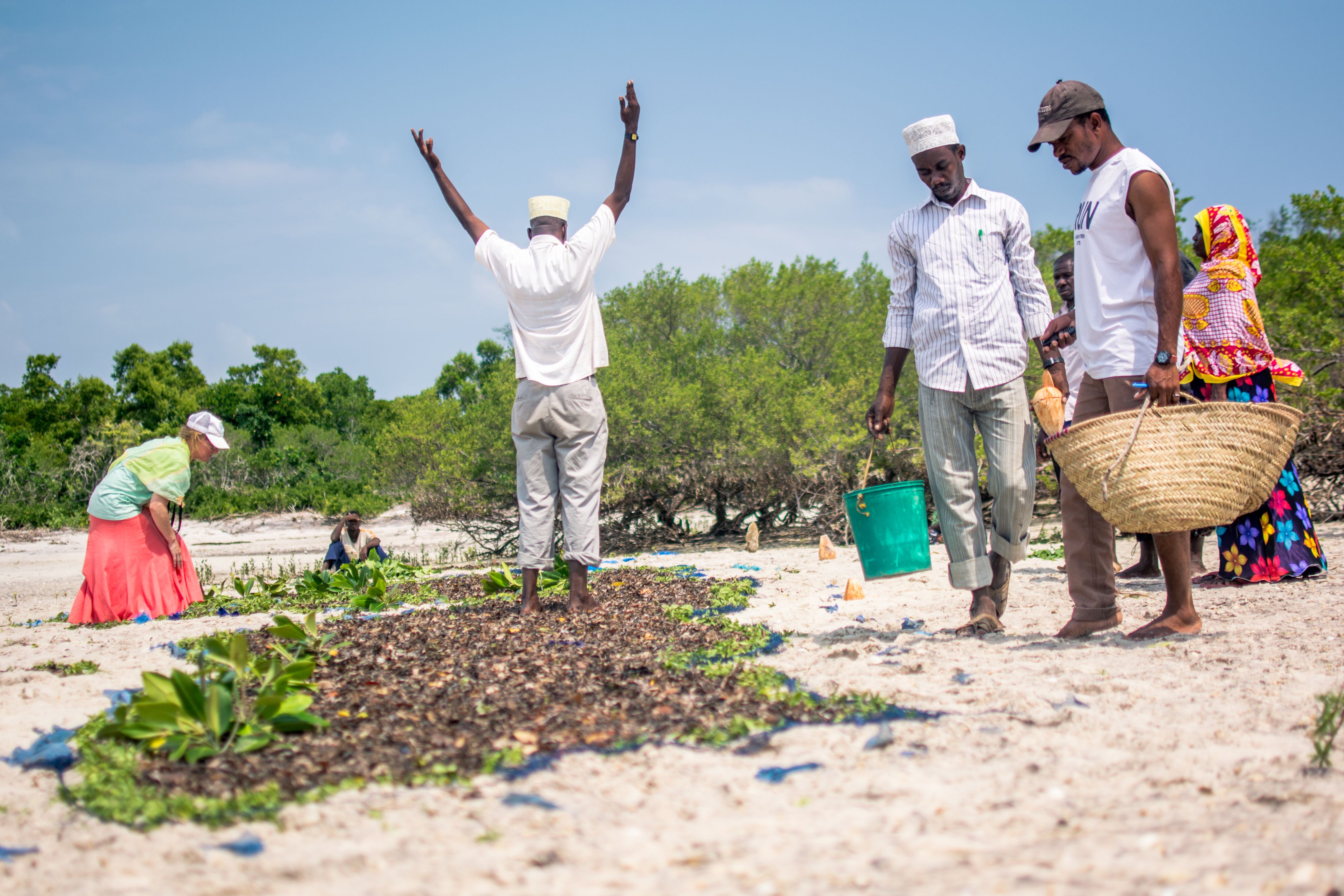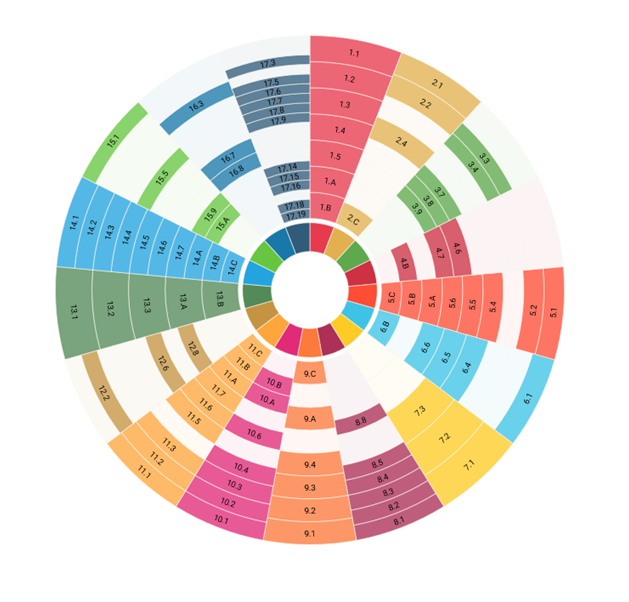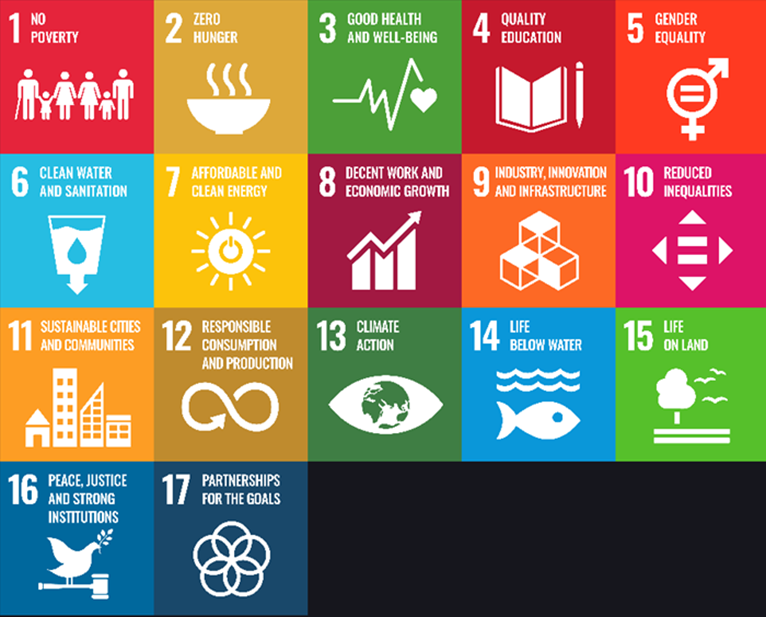Professor Karyn Morrissey
Professor in Environment and Marine
J.E. Cairnes School of Business and Economics, University of Galway

Karyn arrived at the University of Galway, her alma mater in September 2024 after working as an academic in the UK and Denmark for nearly 20 years.
An economist and econometrician by training, and using her skills in Big Data and large-scale population modelling, the main focus of Karyn’s research has become the economic drivers of, and socioeconomic and health impacts of climate change, particularly in our oceans and coastal environments. Here Karyn has linked her work on public health and marine and coastal economics to understand the direct and indirect impacts of climate change on the marine environment on society, and the changes needed to make human-marine interactions more sustainable.
Karyn is currently co-PI on two recently funded grants the Villum foundation funded MA’AT project, which examines the impact of flooding on commuter wellbeing in Copenhagen and the Carlsberg foundation funded 'Denmark 360 project', which aims to create a data infrastructure that gives a complete overview of life in Denmark. She is also part of the PI on an SNDS Climate Hub where is working on understanding the health related economic cost associated with climate change in Europe.
As well as having worked on many projects in the Europe, Karyn has also worked on a number of large projects that have focused on the marine and coastal issues in Low- and Middle-income countries, notably the NERC Global Challenges Research Fund funded Blue Communities project.
Karyn is also Associate Editor of Marine Policy, and firmly believes in the academic community helping each other through a stimulating and kind peer review process.
Karyn's work contributes to these SDGs
Karyn’s work is global and captures all 17 SDGs, but primarily SDGs 3 (Good health and wellbeing, 13 (Climate Action) and 14 (Life below Water).
Regarding climate action specifically, Karyn believes that to stimulate action on climate change, research must shift from scientific and technical perspectives to understanding the social and political elements that will motivate the society to undertake the urgent action that is required to mitigate and adapt the very real effects of Climate Change.
To this end, she is one of the co-authors of the Lancet Commissions Countdown on Climate Change and Human Health since 2016, where she has developed a set of indicators to understand the adaption preparedness, needs and barriers of cities in regard to the health-related impacts of climate change.

Teaching

Karyn is passionate about passing on her love of science, numbers and research on to the next generation of scholars and has played an active part in the PhD Schools and Early Career Programmes where she has worked.
She has supervised over 20 PhD students, as well as multiple Masters Students across the globe. Her students work has contributed to a range of SDGs, and included for the economic value of wave energy in Ireland, the environmental and health impact of family planning advise in coastal Indonesia, and the relationship between air pollution and childhood asthma in England.
Engagement
Karyn is particularly interested in the science-community-policy interface and has worked local, national and international bodies through her career, as well as community lead public engagement groups. Her commitment to public-policy engagement is further highlighted with her contribution to approx. 500 public policy documents, particularly in the areas of climate change across 50 countries.
Since its first publication in 2016, Karyn has been a co-author of the annual Lancet Countdown Commission on Climate Change and Human Health, contributing to the Health Adaptation Working Group.
Karyn is also a member of the ICES ECON group which seeks to contributes ecosystems based advice on our oceans and seas

Direct impact SDG Targets
1.1 - Eradicate extreme poverty
1.2 - Reduce poverty by at least 50%
1.4 - Equal rights to ownership, basic services, technology and economic resources
1.5 - Build resilience to environmental, economic and social disasters
1.A - Mobilize resources to implement policies to end poverty
1.B - Create pro-poor and gender-sensitive policy frameworks
2.1 - Universal access to safe and nutritious food
2.2 - End all forms of malnutrition
2.4 - Sustainable food production and resilient agricultural practices
2.C - Ensure stable food commodity markets and timely access to information
3.3 - Fight communicable diseases
3.4 - Reduce mortality from non-communicable diseases and promote mental health
3.7 - Universal access to sexual and reproductive care, family planning and education
3.8 - Achieve universal health coverage
3.9 - Reduce illnesses and death from hazardous chemicals and pollution
4.6 - Universal literacy and numeracy
4.7 - Education for sustainable development and global citizenship
4.B - Expand higher education scholarships for developing countries
5.1 - End discrimination against women and girls
5.2 - End all violence against and exploitation of women and girls
5.4 - Value unpaid care and promote shared domestic responsibilities
5.5 - Ensure full participation in leadership and decision-making
5.6 - Universal access to reproductive health and rights
5.A - Equal rights to economic resources, property ownership and financial services
6.1 - Safe and affordable drinking water
6.4 - Increase water-use efficiency and ensure freshwater supplies
6.5 - Implement integrated water resources management
6.6 - Protect and restore water-related ecosystems
6.B - Support local engagement in water and sanitation management
7.1 - Universal access to modern energy
7.2 - Increase global percentage of renewable energy
7.3 - Double the improvement in energy efficiency
8.1 - Sustainable economic growth
8.2 - Diversify, innovate and upgrade for economic productivity
8.5 - Full employment and decent work with equal pay
8.8 - Protect labour rights and promote safe working environments
9.2 - Promote inclusive and sustainable industrialization
9.4 - Upgrade all industries and infrastructures for sustainability
9.A - Facilitate sustainable infrastructure development for developing countries
9.C - Universal access to information and communications technology
10.1 - Reduce income inequalities
10.2 - Promote universal social, economic and political inclusion
10.3 - Ensure equal opportunities and end discrimination
10.4 - Adopt fiscal and social policies that promotes equality
10.A - Special and differential treatment for developing countries
10.B - Encourage development assistance and investment in least developed countries
11.1 - Safe and affordable housing
11.2 - Affordable and sustainable transport systems
11.3 - Inclusive and sustainable urbanization
11.5 - Reduce the adverse effects of natural disasters
11.6 - Reduce the environmental impact of cities
11.7 - Provide access to safe and inclusive green and public spaces
11.A - Strong national and regional development planning
11.B - Implement policies for inclusion, resource efficiency and disaster risk reduction
11.C - Support least developed countries in sustainable and resilient building
12.2 - Sustainable management and use of natural resources
12.6 - Encourage companies to adopt sustainable practices and sustainability reporting
12.8 - Promote universal understanding of sustainable lifestyles
13.1 - Strengthen resilience and adaptive capacity to climate related disasters
13.2 - Integrate climate change measures into policies and planning
13.3 - Build knowledge and capacity to meet climate change
13.A - Implement the UN Framework Convention on climate change
13.B - Promote mechanisms to raise capacity for planning and management
14.1 - Reduce marine pollution
14.2 - Protect and restore ecosystems
14.3 - Reduce ocean acidification
14.4 - Sustainable fishing
14.5 - Conserve coastal and marine areas
14.6 - End subsidies contributing to overfishing
14.7 - Increase the economic benefits from sustainable use of marine resources
14.A - Increase scientific knowledge, research and technology for ocean health
14.B - Support small scale fishers
14.C - Implement and enforce international sea law
15.1 - Conserve and restore terrestrial and freshwater ecosystems
15.5 - Protect biodiversity and natural habitats
15.9 - Integrate ecosystem and biodiversity in governmental planning
15.A - Increase financial resources to conserve and sustainably use ecosystem and biodiversity
16.7 - Ensure responsive, inclusive and representative decision-making
16.8 - Strengthen the participation in global governance
17.3 - Mobilize financial resources for developing countries
17.5 - Invest in least developed countries
17.6 - Knowledge sharing and cooperation for access to science, technology and innovation
17.7 - Promote sustainable technologies to developing countries
17.8 - Strengthen the science, technology and innovation capacity for least developed countries
17.9 - Enhance SDG capacity in developing countries
17.14 - Enhance policy coherence for sustainable development
17.15 - Respect national leadership to implement policies for the sustainable development goals
17.18 - Enhance availability of reliable data
17.19 - Further develop measurements of progress
Indirect
1.3 - Implement social protection systems
5.B - Promote empowerment of women through technology
5.C - Adopt and strengthen policies and enforceable legislation for gender equality
8.3 - Promote policies to support job creation and growing enterprises
8.4 - Improve resource efficiency in consumption and production
9.1 - Develop sustainable, resilient and inclusive infrastructures
9.3 - Increase access to financial services and markets
10.6 - Enhanced representation for developing countries in financial institutions
16.3 - Promote the rule of law and ensure equal access to justice
17.16 - Enhance the global partnership for sustainable development
Indirect SDG Targets
1.3 - Implement social protection systems
5.B - Promote empowerment of women through technology
5.C - Adopt and strengthen policies and enforceable legislation for gender equality
8.3 - Promote policies to support job creation and growing enterprises
8.4 - Improve resource efficiency in consumption and production
9.1 - Develop sustainable, resilient and inclusive infrastructures
9.3 - Increase access to financial services and markets
10.6 - Enhanced representation for developing countries in financial institutions
16.3 - Promote the rule of law and ensure equal access to justice
17.16 - Enhance the global partnership for sustainable development

Research

Selected Publications
Using her econometrical and Big Data skill set and working across disciplines, Karyn has 100+ publications in top Computational (Nature Scientific Reports; Statistics and Computing); Environmental (Nature Ecology & Evolution; Nature Cities; AMBIO), Medical (The Lancet); Health (Social Science and Medicine; BMJ Open) and cross-disciplinary journals (Energy and Social Science Research; Spatial Economic Analysis; Papers in Regional Science).
|
Morrissey K, Scheller F. (2024) It takes a village: the role of community attributes in shaping solar photovoltaic adoption intention in Germany. Renewable Energy. |
SDG 3; 13 |
|
Morrissey, K., Fleming, L.E., Ha, N.T. et al., (2023).The role of economic and ecosystem change on mental wellbeing: A case study of the Tân Hiêp island commune within Vietnam's Cù Lao Chàm UNESCO biosphere reserve. Ocean and Coastal Management, 244 |
SDGs 3; 13, 14 |
|
Quinn, T., Heath, S., Adger, W.N., Morrissey, K. al., (2023). Health and wellbeing implications of adaptation to flood risk. Ambio, 52(5) 952-962 |
SDGs 3, 13 |
|
Romanello, M, Napoli, CD, Green, C, Morrissey, K et al., (2023). 'The 2023 report of the Lancet Countdown on health and climate change: the imperative for a health-centred response in a world facing irreversible harms', The Lancet. |
SDGs 3; 11; 13 |
|
Haque, S.S., Bennett, B.J., Brewer, T.D., Morrissey, K. et al (2023).Marine Protected Area Expansion and Country-Level Age-Standardized Adult Mortality EcoHealth 21(1) 123-124 |
SDGs 3; 14, 16, 17 |



